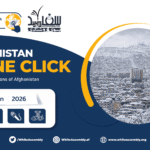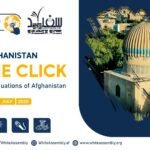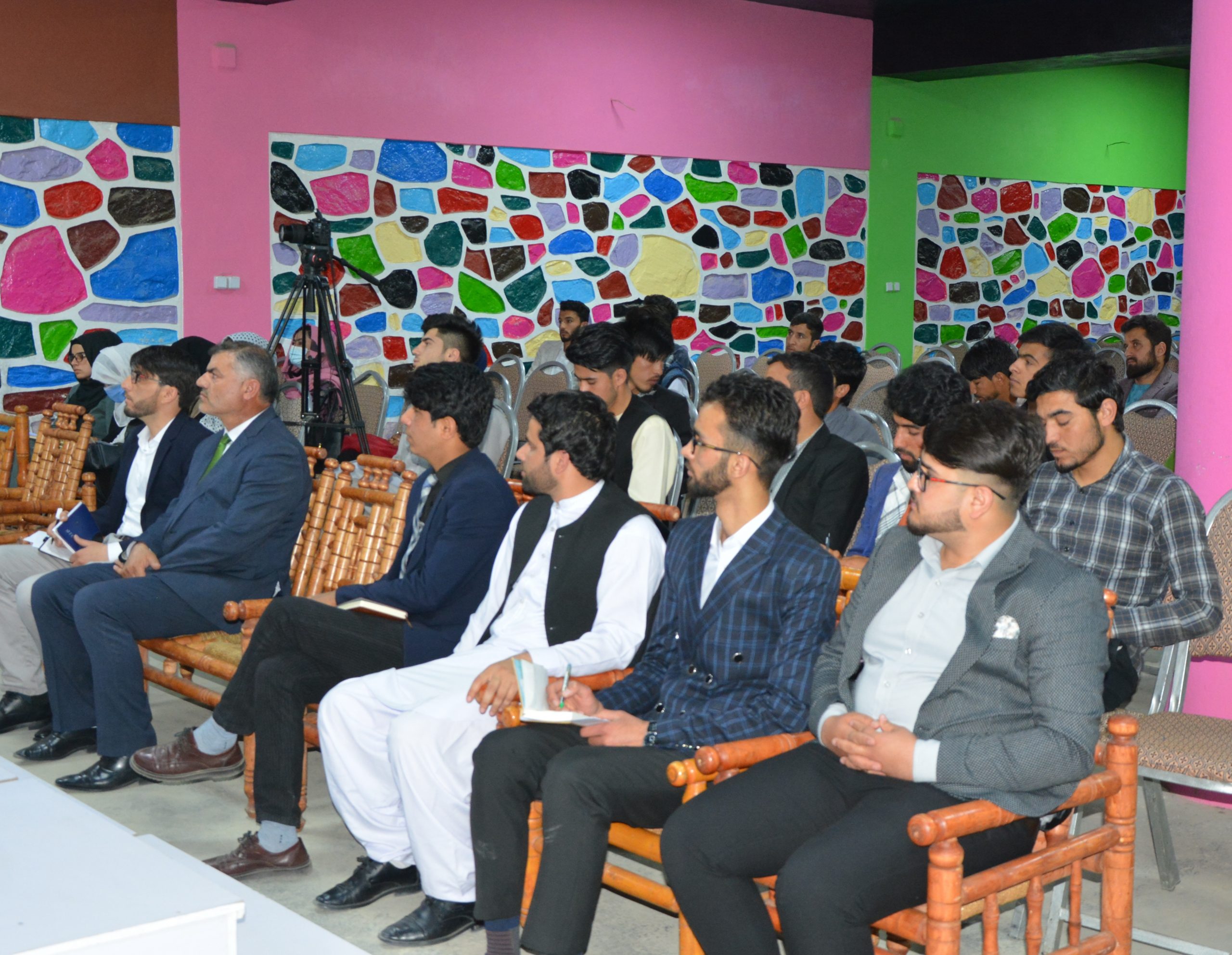
Youth Symposium for Peace and Tolerance | Parwan and Panjshir
The Youth Symposium for Peace and Tolerance was organized by the Afghanistan Economic and Legal Studies Organization on the role of religious scholars in promoting the values of pluralism and mutual acceptance among the Afghan youth, in collaboration with Danish Institute of Higher Education and other leading national and international think tanks in Parwan province.
Mr. Abdul Raqib Mizemyar, the criminal court chief of Parwan Province, a special delegation of the Afghanistan Economic and Legal Studies Organization, religious scholars, youth, university lecturers, students, civil and human rights activists, and cultural and social activists from Parwan and Panjshir provinces were attended to this symposium.
At the beginning, the moderator welcomed the participants and guests to the Youth Symposium for Peace and Tolerance.
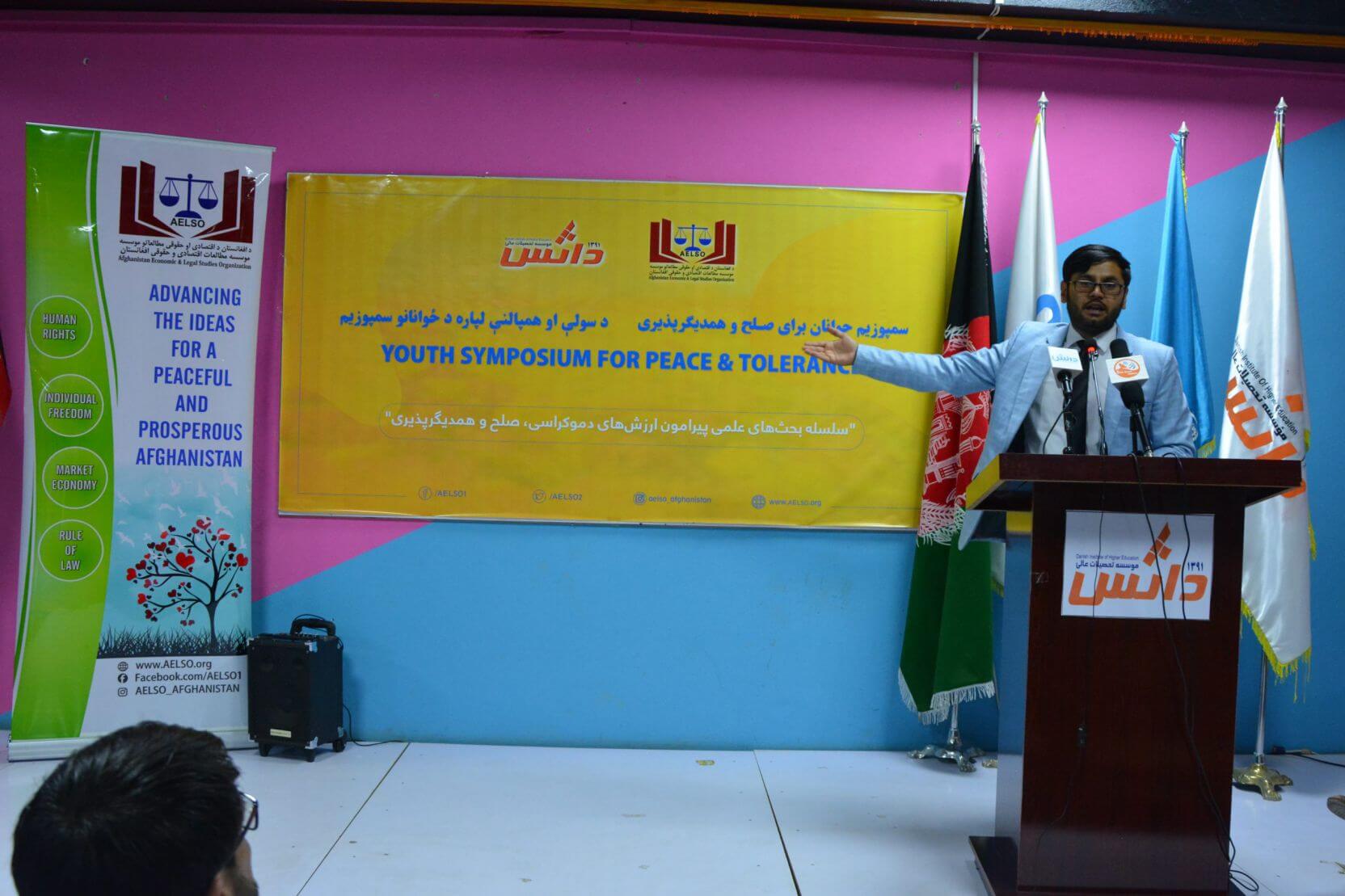
Mr. Aurang Azarakhsh, Vice Chancellor of Danish Institute of Higher Education, was the official inaugurator of the symposium. He spokes out regarding the role of Danish Institute of Higher Education and the Afghanistan Economic and Legal Studies Organization in holding such programs and added: “The role of holding such symposiums would manifest in having and gathering the views of youth in fighting against extremism, securing peace; democracy and tolerance in Afghan society and this is a way to achieve sustainable peace and create a spirit of tolerance among all segments of the society, especially youth.”
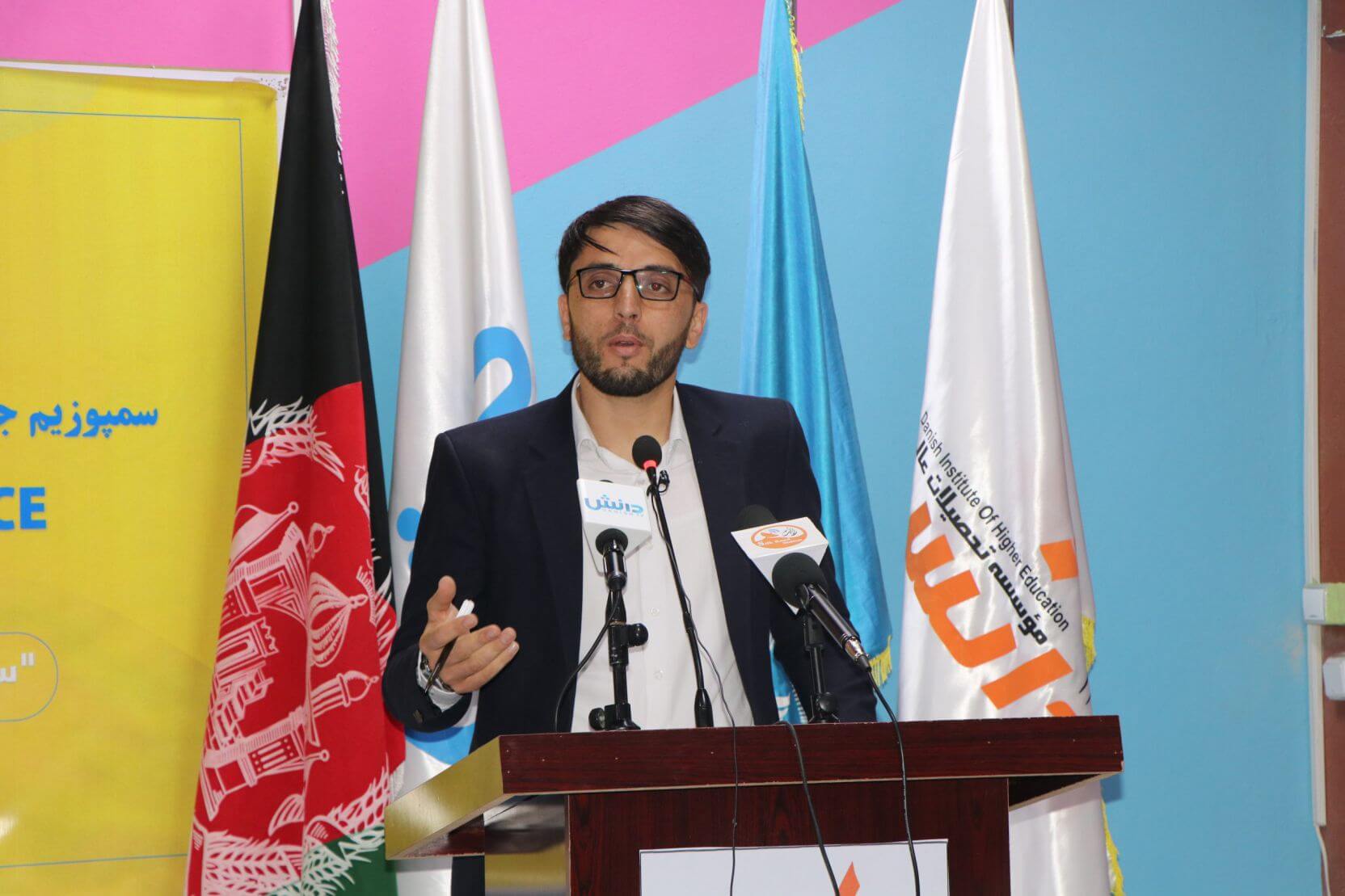
Najibullah Sulaimankhil, a senior member of the Afghanistan Economic and Legal Studies Organization, also spoke about the organizations’ activities, saying that the purpose of holding such programs and symposiums is to research, educate and gather the youth perspectives on the values of free society, peace, prosperity and tolerance in Afghanistan.
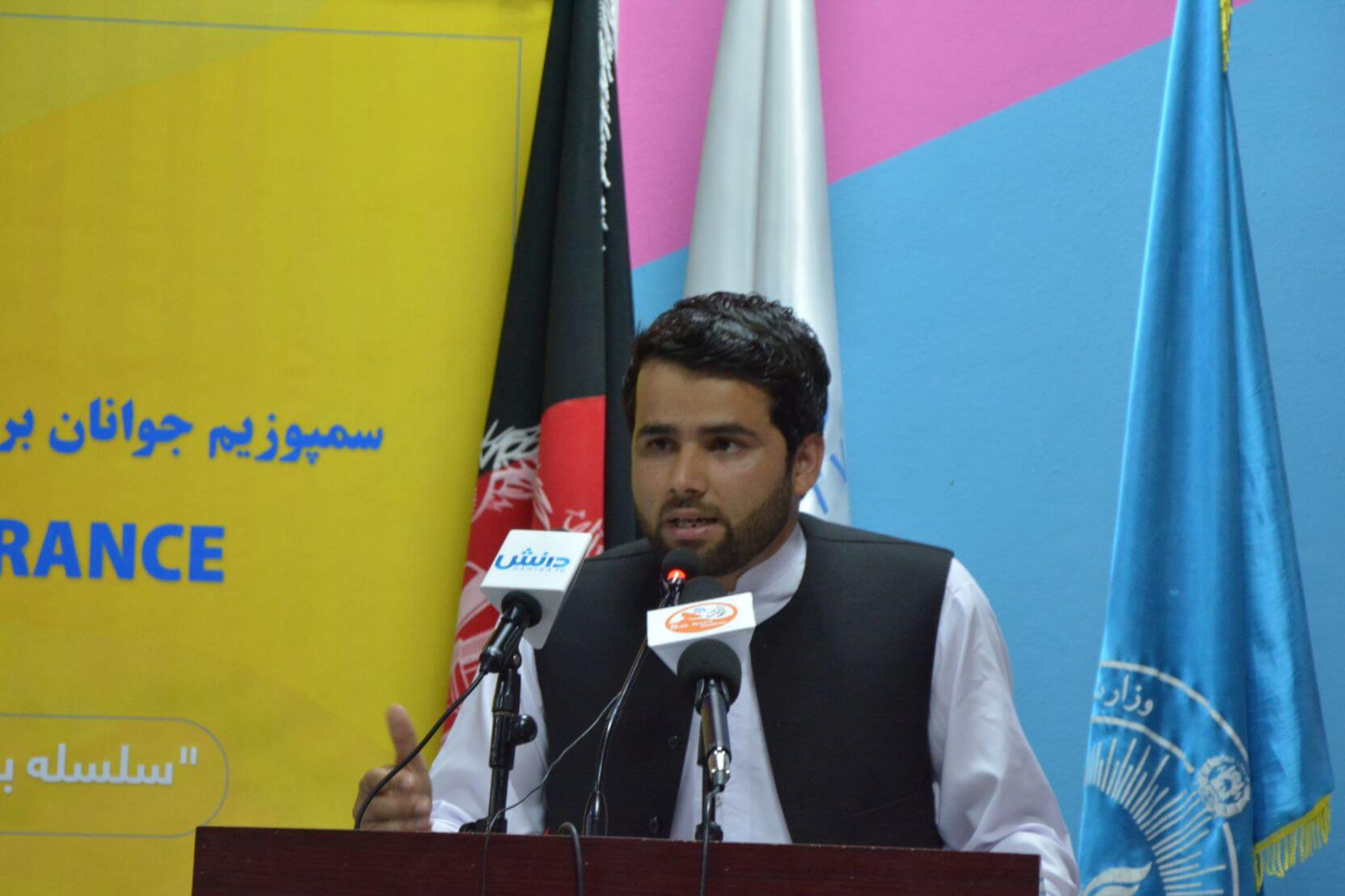
Mohammad Hussain Abdullah Atefi, a lecturer and Head of the Department of Islamic Studies at Danish Institute of Higher education, spoke about the role of religious scholars in promoting the values of pluralism and tolerance among the society, according to him tolerance, peace, and brother hood are the most important components and values of Islam. These are the blessings of god; therefore, what are the opposite of these values is forbidden in Islam.
He added: “The queue of the Holy Prophet (PBUH) was diverse and included the participation of all classes from Persia, Rome, Italy, Abyssinia, and Arabs and non-Arabs, which shows pluralism, a high status of tolerance and the rejection of extremism in holly religion of Islam.”
Mr. Atefi says: “Creating a general intellectual assembly, uniting the judgments or consensus of religious scholars and academic elites, holding academic conferences and seminars that raise the awareness of youth about the positive effects of a free society values, can have a high and conclusive impacts in fighting against extremism and other such ominous phenomena.”
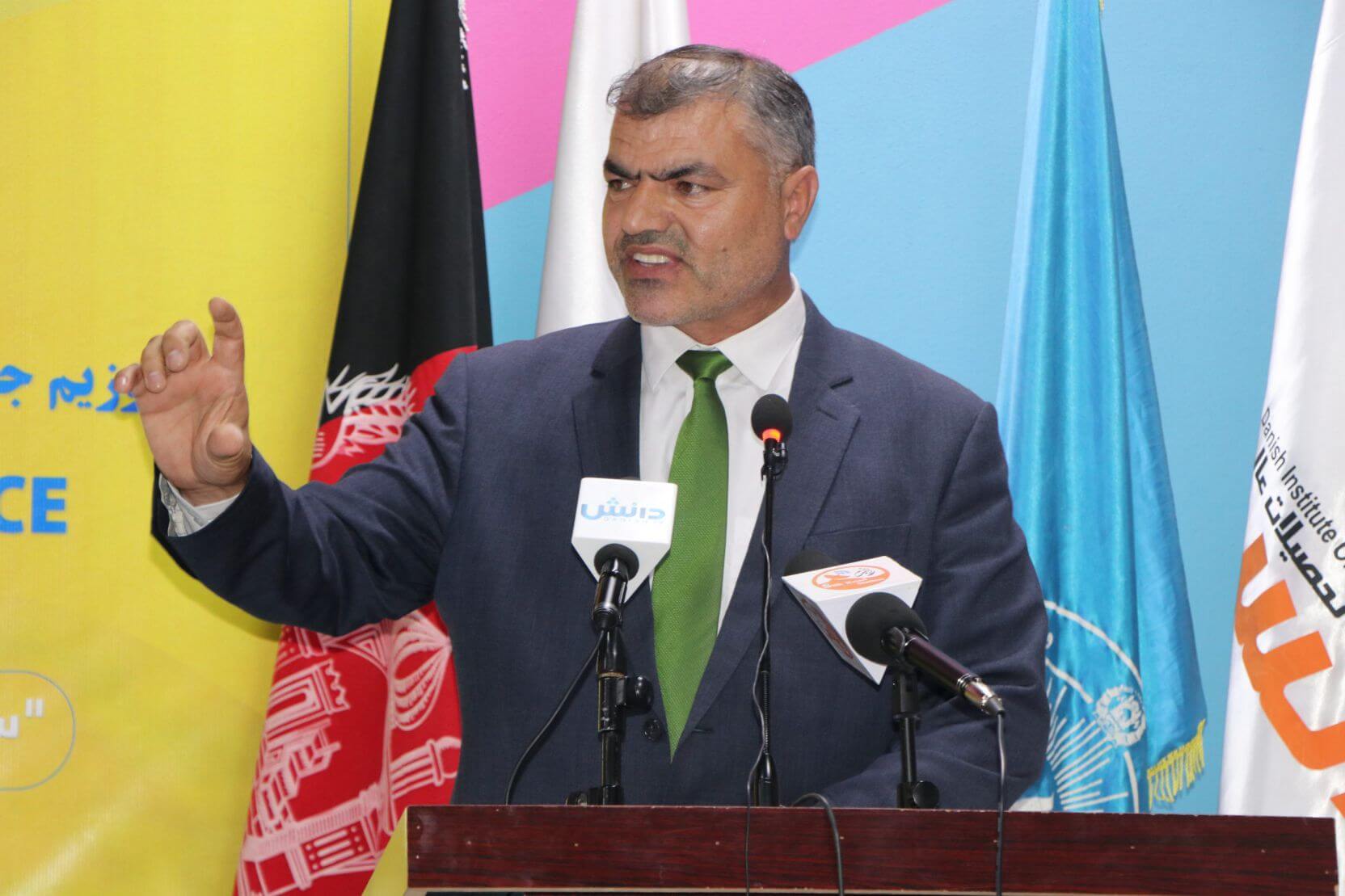
Abdul Raqib Mizemyar, a university lecturer and another speaker of the symposium, also spoke about the status of tolerance and academic and Islamic strategies for promoting the values of peace and tolerance among the Afghan society. He added: “By tolerance a society would lead to peace and pace would lead to assurance of security, such condition will ultimately lead to the creation of many goodness and prosperity in the society. Therefore, the youth are like the pillars of a society which must act responsibly and play their significant role in promoting the values of peace and tolerance in the Afghan society.”
According to him the best solution in order to work for peace and tolerance among the society is to hold such programs and gathering the knowledgeable youth under a unique roof; because this will provide a platform for dialogue between youth and would raise constructive ideas of development in the society.
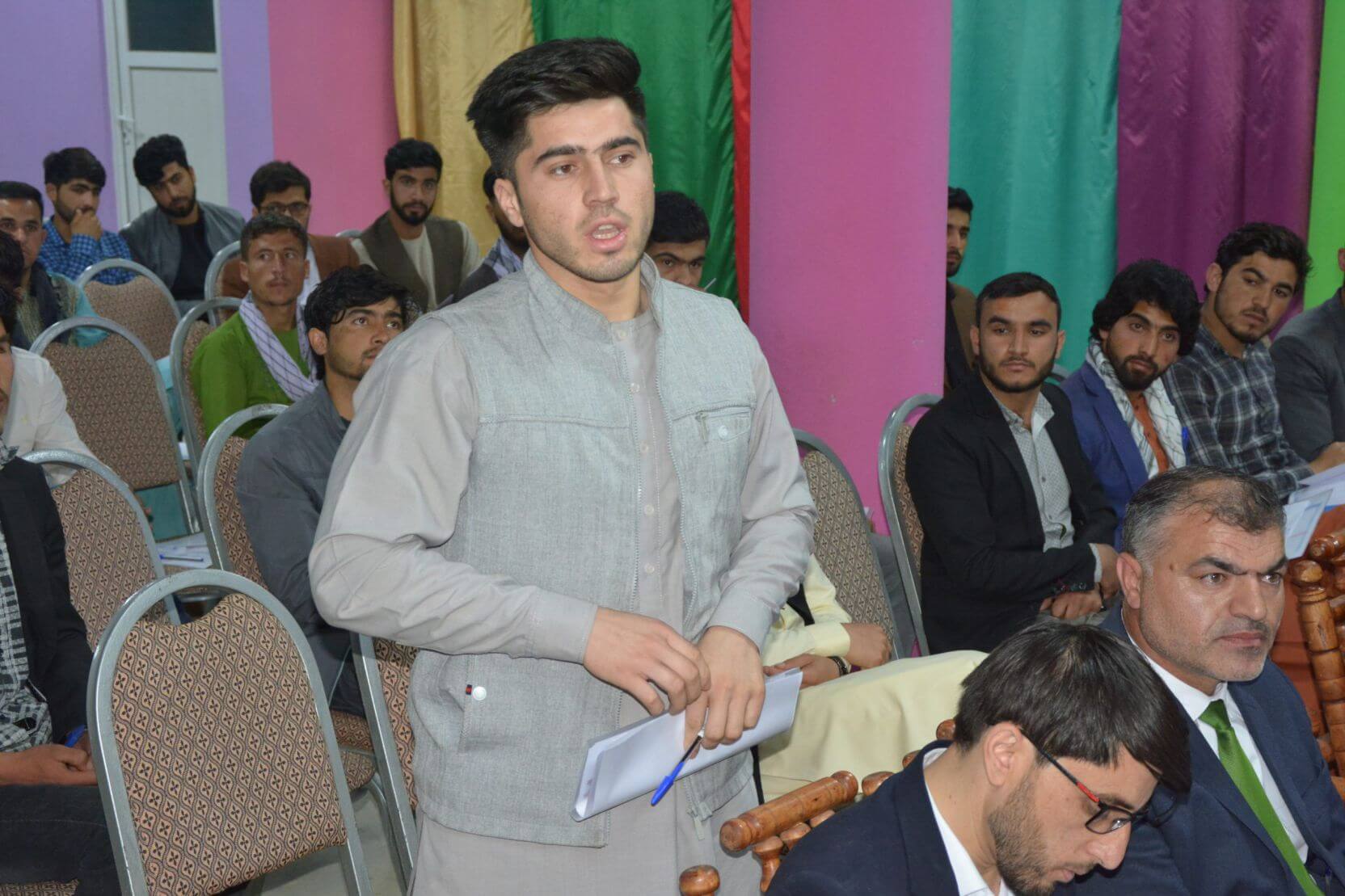
In the next part of the program, which was the inquiries (Q&A) part, the experts and speakers of the Youth Symposium for Peace and Tolerance answered the participants’ questions about the role of religious scholars in promoting the values of pluralism and tolerance among the youth of Afghanistan.
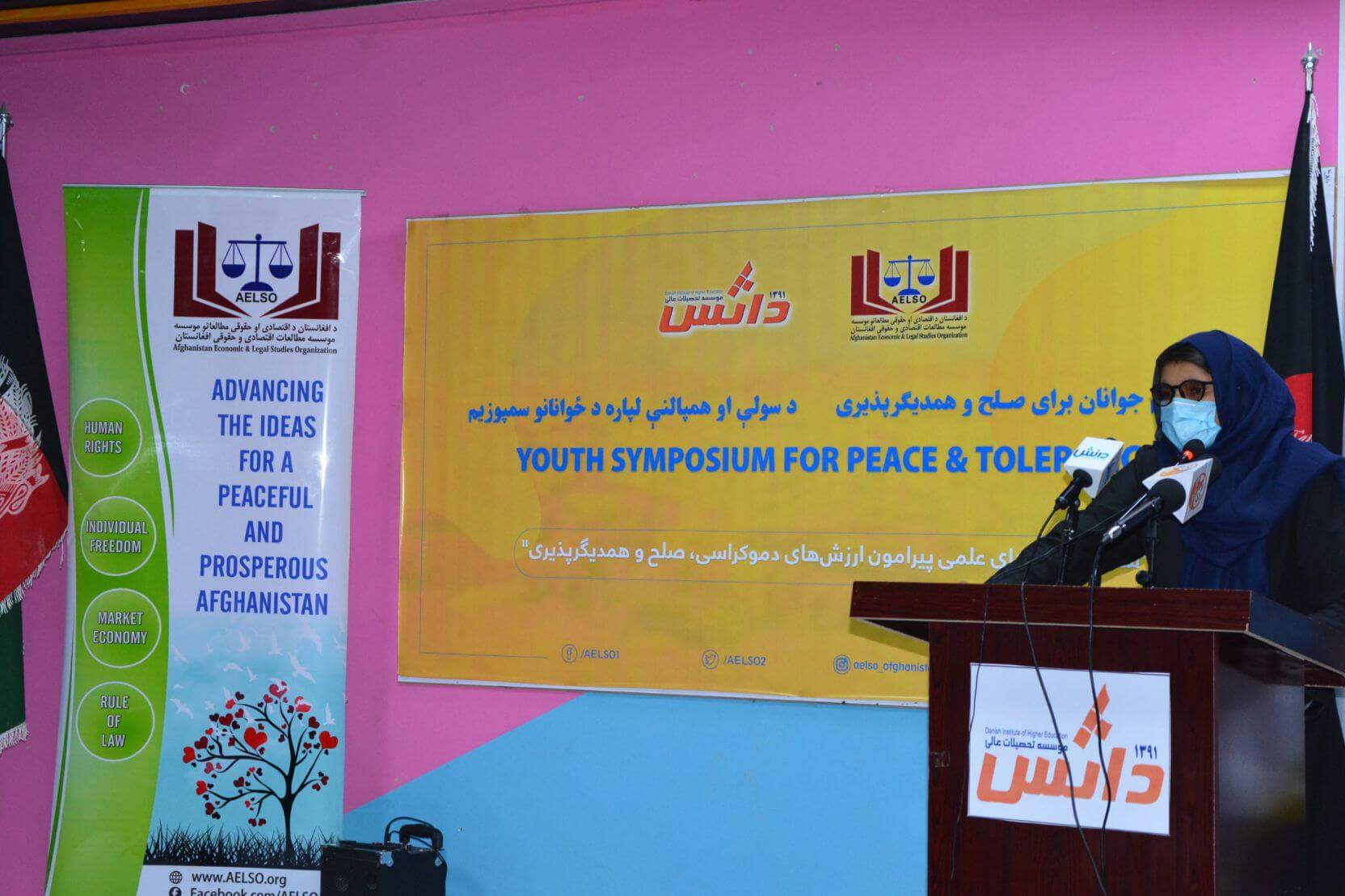
In the next part of the program which was the Open Mike section, youth and participants of the Youth Symposium for Peace and Tolerance expressed their views and comments on the topic of the symposium and engaged to this instructive dialogue.
Ms. Lida Ahmadi, one of the participants in the symposium, considered the cultural factors of extremism as the use of foreign culture and its imitation. According to her the lack of knowledge among the people about the science, books and teachings of the holy religion of Islam has led people to extremism in Afghan society.
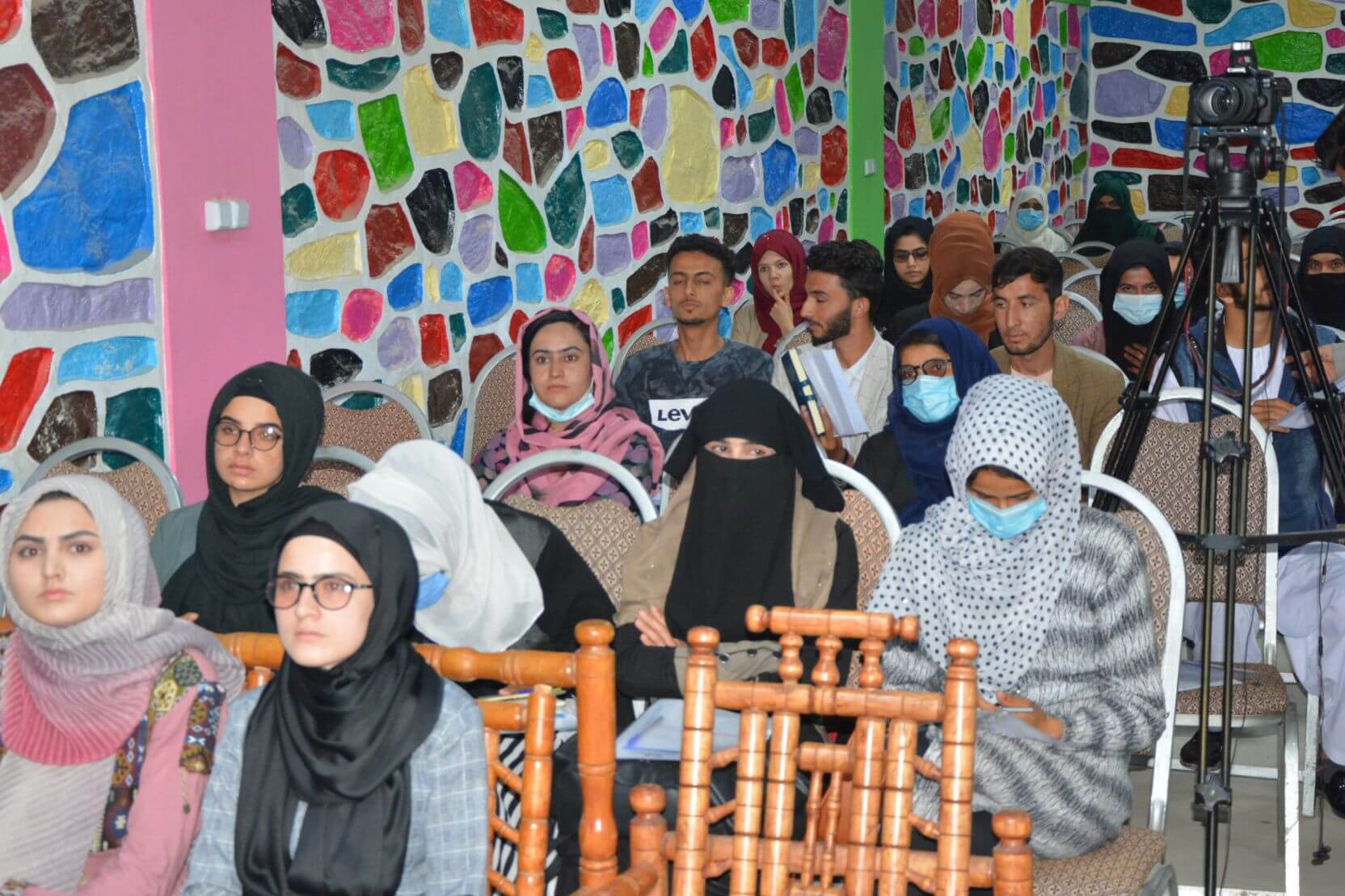
Mr. Fayez, a student and another participant in the program, said: “Despite of poverty, ethnic, linguistic and religious supremacy, discrimination, ethnic deprivation, a black-and-white worldview, lack of economic opportunities and equality, assassination of personality, lack of occupation and non-adaptation of religious texts to modern academic opportunities are the main factors of increasing the level of extremism in Afghanistan, according to him the solutions to overcome on this problem in creating discourses, mentality and enlightenment of people in the society.
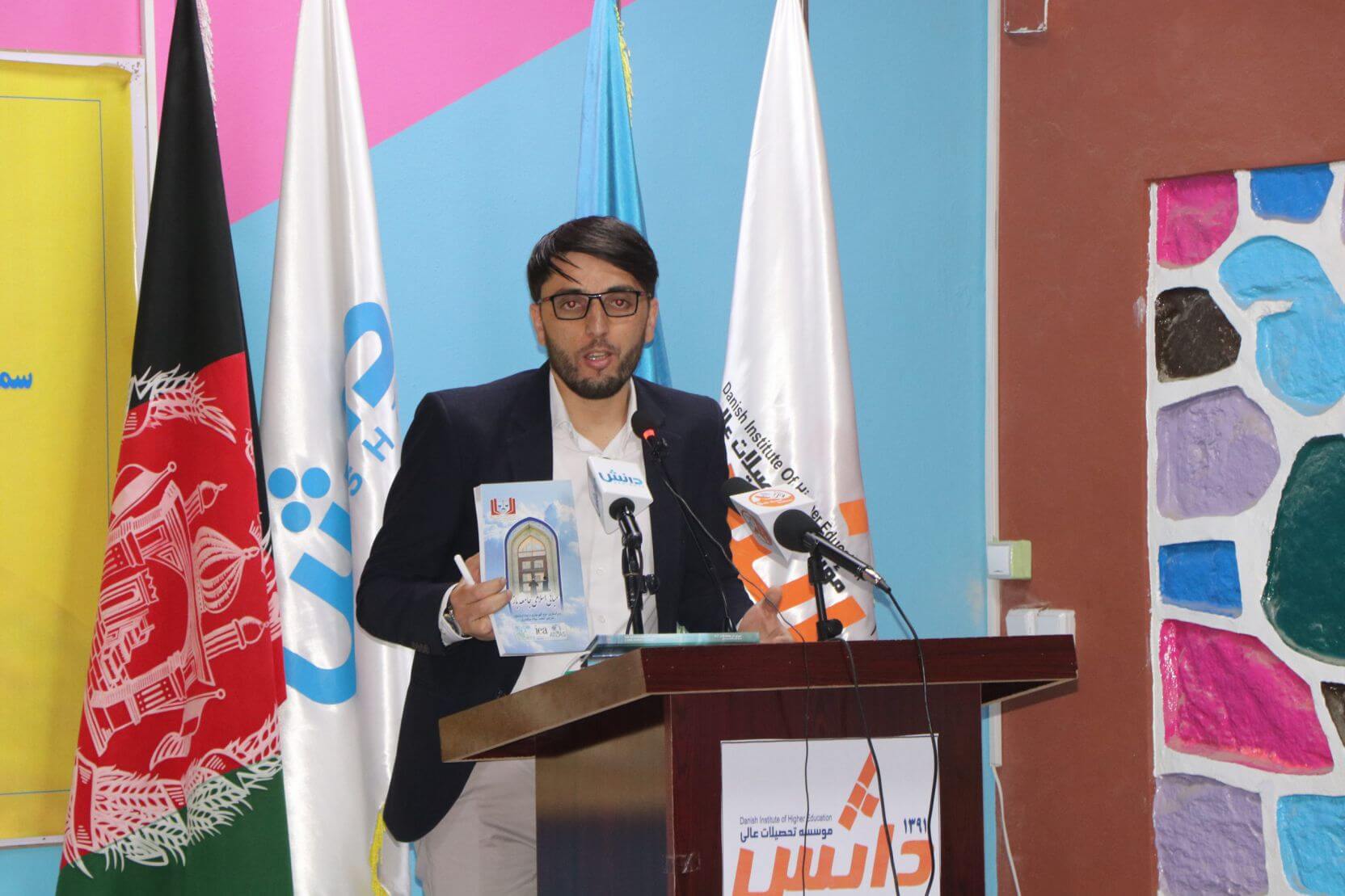
At the end of Open Mike section of the symposium, Mr. Najibullah Sulaimankhil, a senior member of the Afghanistan Economic and Legal Studies Organization, summarized the youth symposium in general and reassured the participants about the holding such programs not only in Parwan-Panjshir but in all across of the country.
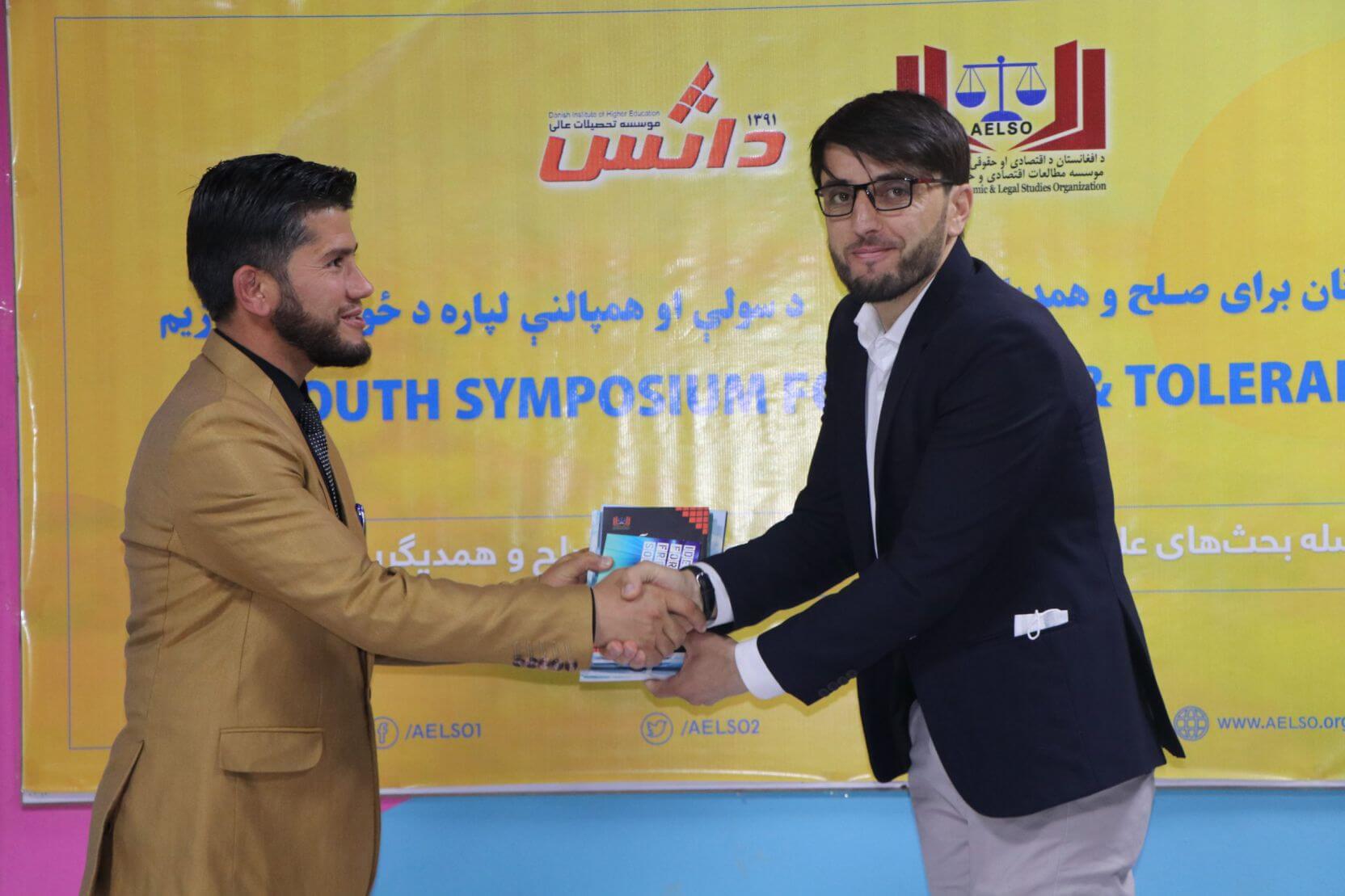
The Youth Symposium for Peace and Tolerance ended with the donation of the Organization’s books to the guests, the distribution of certificates to participants, and taking of group photos.
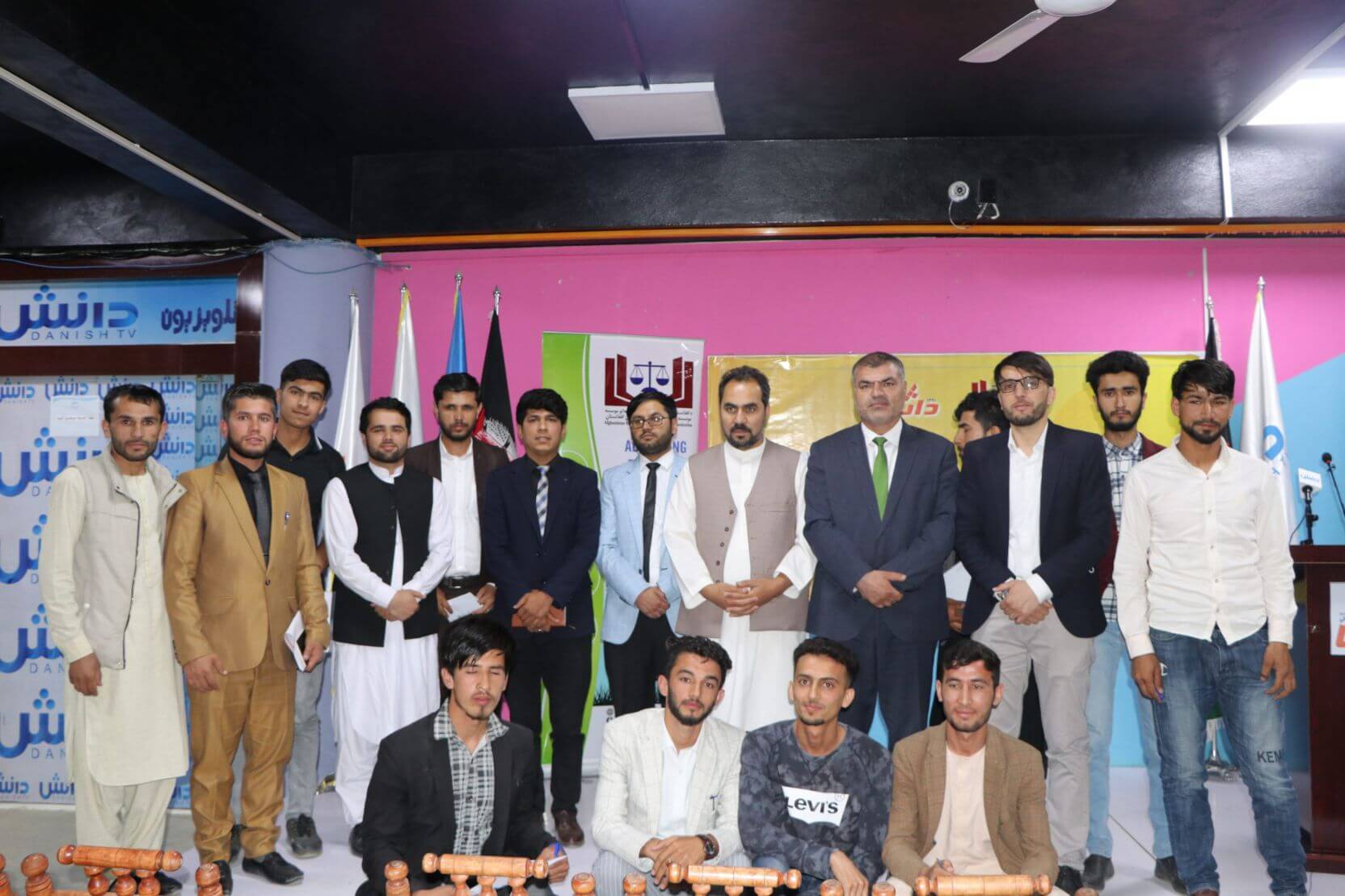
Participants in these programs became the members of the Afghanistan Economic and Legal Studies Organization which with our support, are actively working in their provinces to promote democratic values and pluralism.

